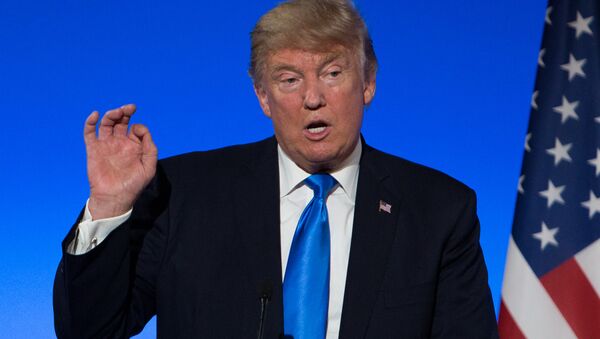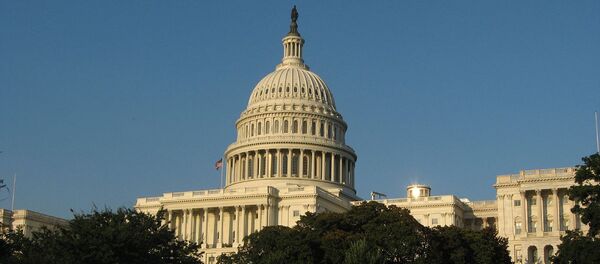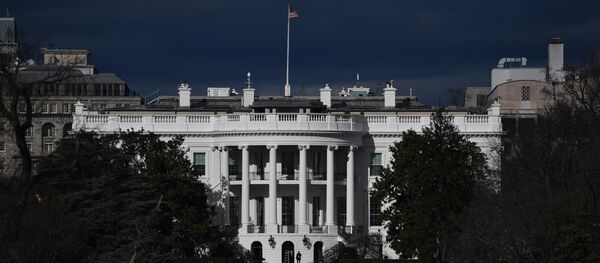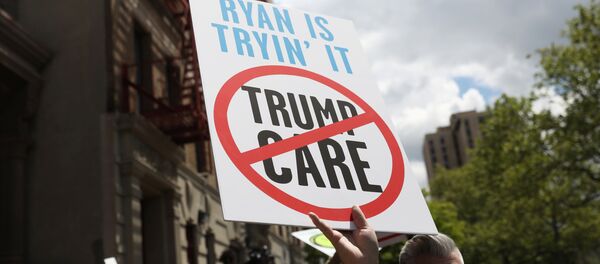Contrary to his initial fiscal plan, which provided across-the-board tax cuts for all income categories, the revised version might thus be more Democrat-friendly due to the inability of the White House and GOP to coordinate the reforms agenda.
Last week’s fallout between President Trump and the Republican party that controls the Congress over the healthcare reform dealt a major blow to the reforms agenda. Investors, market participants and observers expressed their doubt of the White House’s ability to get their tax cuts and infrastructure spending through the Congress.
Addressing the matter, President Trump reaffirmed his commitment to provide fiscal stimulus to the middle class, even if it might come at a cost of heavier tax burden for top earners, an attempt to win the support of some Democrats in the Congress.
“The truth is, the people I care most about are the middle-income people in this country who have gotten screwed,” Trump said in his Wall Street Journal interview on Tuesday. “And if there’s upward revision it’s going to be on high-income people.”
It does not, however, mean that Trump would be willing to give in to the Democrat demands when it comes to another part of his economic reform plan, namely, the border-adjustment tax, or higher imports tariffs. On foreign trade, Trump and the GOP are more likely to agree, as what the White House proposes is seen as boosting federal budget revenues.
The Republican-controlled Congress must coordinate the 2018 budget before any tax cuts come into effect. The Trump administration expect the tax plan to pass the Congress by the year-end, and currently, the lawmakers are only in the middle of reviewing the 2018 budget proposals. In mid-July, the House Budget Committee approved the draft budget for 2018, but setbacks in the healthcare reform process lowered the chances of a soon budget adoption.
What Trump had proposed previously on taxes has met stiff opposition from the Democrats and the Republicans. The money saved due to the would-be Obamacare repeal was supposed to cover the initial costs of the tax cuts to the budget. After healthcare reform effort failed last week, both the House GOP and Democrats are likely to disapprove of any tax cuts, for their own reasons.
Aside of hiking individual income taxes on the wealthy, Trump is also considering another option of making tax cuts narrower in scale so they don’t violate the GOP principle of budget neutrality. The Democrats, even though undoubtedly pleased by the announcement that the President could raise taxes on the top earners, might still remain sceptical of Trump’s fiscal proposals as the President is still adamant to lower the corporate tax rate in order to support the economic growth.
On the GOP side, Trump-proposed cuts in corporate tax rate from 35 percent to 15 percent are hardly viable, in many lawmakers’ opinion, as they would entail an estimated $2 trln in losses to the federal budget revenue over the next ten years. Subsequently, the GOP might be favouring narrower tax cuts.
From the political viewpoint, Trump’s best effort at striking a compromise deal with the Congress would include higher individual income taxes for top earners, and milder tax cuts for the rest, including corporations.
“Right now, we are focused on the three big priorities of the tax reform: a simple, fairer tax code, middle class relief and creating jobs. That’s where we are right now,” White House press secretary Sarah Huckabee Sanders said on Wednesday. “The president is looking at prioritizing middle-class tax relief.”
The confidence of the President’s ability to deliver on his campaign promises is rapidly declining: the International Monetary Fund (IMF) trimmed their US growth outlook to 2.1 percent this year from the earlier projection of 2.3 percent made in April. For 2018, growth outlook was also revised downward, to 2.1 percent from 2.5 percent, way below the Trump-targeted 3-percent annualised growth.
The key risk to the US economy, the IMF said, is a “protracted period of policy uncertainty.” This might render Trump more willing to compromise, trying to appease both the GOP and the Democrats.








